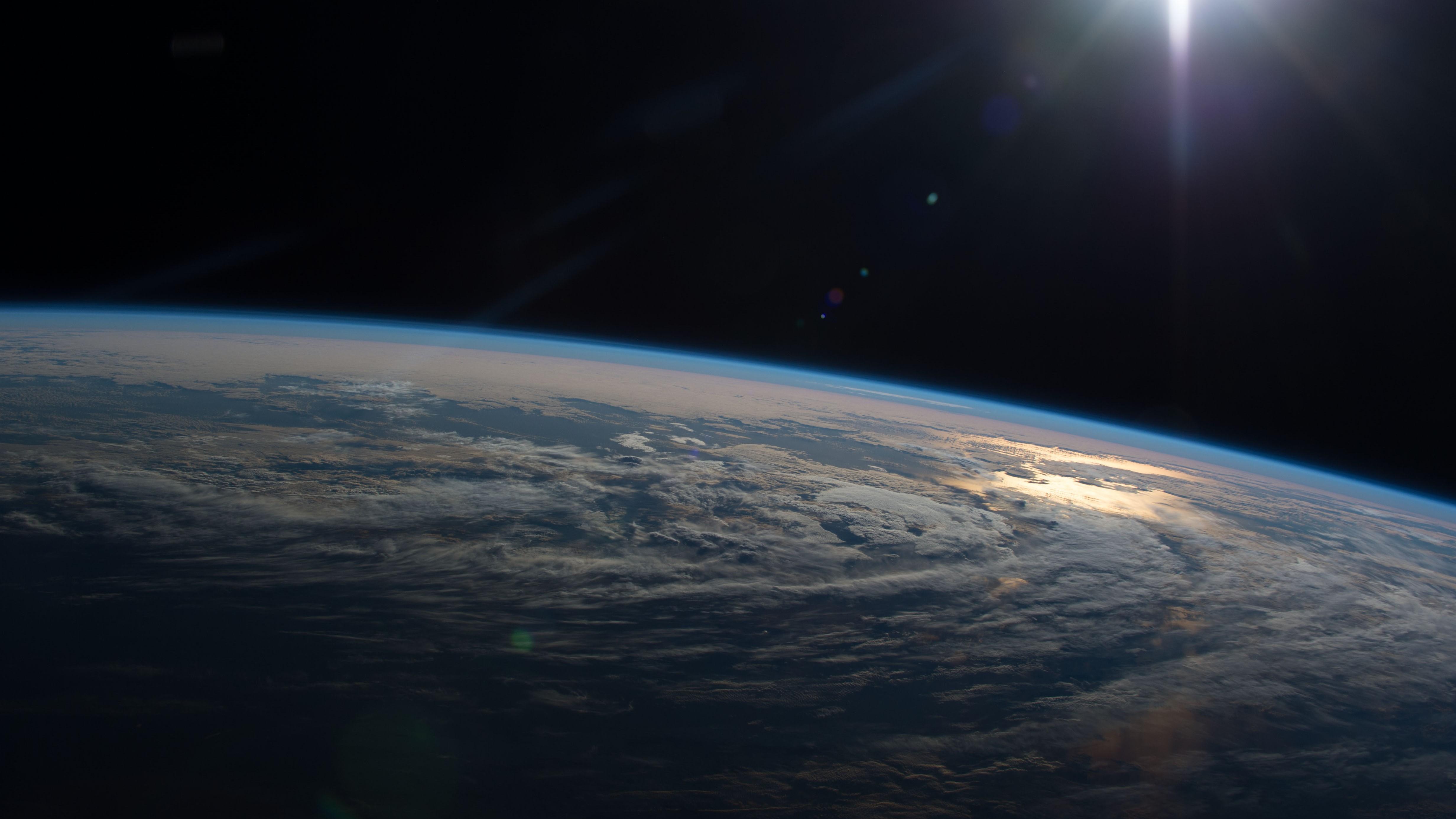
Submitted by Dr C.M. Martin-Jones on Thu, 12/05/2022 - 09:15
The results from the latest Research Excellence Framework (REF) have highlighted the global impact of Cambridge’s research in the field of Earth Systems and Environmental Sciences.
The Times Higher Education ranked Cambridge first for Earth Systems and Environmental Sciences in REF 2021.
73% of Cambridge’s overall submissions within the Earth Systems and Environmental Sciences Unit of Assessment – to which our department made the significant contribution – have been rated as ‘world leading’, demonstrating the major impact that researchers in our department are making every day.
The REF is the system for assessing the quality of research in UK higher education institutions and is undertaken by the four UK higher education funding bodies: Research England, the Scottish Funding Council, the Higher Education Funding Council for Wales, and the Department for the Economy, Northern Ireland.
Among the data submitted by universities and other institutions are case studies that describe the impact of their research – where they have made a difference to society, health, the economy, for example.
The Department of Earth Sciences returned some 48 academics to the REF, an increase of 9% compared to the previous exercise in 2014. Within the Earth Systems and Environmental Sciences unit of assessment, the number of Cambridge’s submissions awarded the highest rating of 4* overall, meaning they are ‘world-leading’, has increased by 40% since 2014. A further 26% of submissions were rated 3* overall (internationally excellent).
The average weighted score – the ‘grade point average’ – for Earth Systems and Environmental Sciences is 3.72. This compares to 3.34 in 2014.
Professor Richard Harrison, Head of the Department of Earth Sciences, said: “Studying the Earth and the environment has never been more important than it is right now. This REF exercise has shown that universities right across the UK are performing outstanding research in the field of Earth Systems and Environmental Sciences - research that is essential to creating a sustainable future for the planet. I am incredibly proud of Cambridge’s contribution to this national effort and as chair of the UoA7 REF committee, I’d like to thank all the researchers, support staff and admin staff that have worked tirelessly through this assessment period.”
Professor Anne Ferguson-Smith, Pro-Vice-Chancellor for Research, added: “I would like to congratulate and thank everyone who has taken part in this year’s REF for all their hard work, which we believe has paid off in these results. What we see today is not just the excellence of Cambridge research, but also the breadth of its impact, with researchers across many disciplines bringing a fresh perspective on how we tackle major problems facing our world today.”
For the purpose of the REF, each academic discipline is assigned to one of 30 out of a possible 34 units of assessment such as Clinical Medicine, Chemistry, Business and Management Studies and Philosophy. Each unit is judged by three criteria – outputs (such as publications, performances, and exhibitions), their impact, and the environment that supports research.
Our global research: how we are working to build resilience to seismic hazards
In earthquake-prone developed countries like Japan and New Zealand, even severe earthquakes cause very few deaths – they are mainly stories of economic loss. The design of buildings in these countries is regulated to ensure they are as earthquake-proof as possible, in preparation for the unexpected.
But throughout much of the Mediterranean–Middle East–Central Asia earthquake belt, buildings are of low quality and have not been managed through building codes in the same way. Towns and cities near active faults are experiencing rapid population growth and urban development. Earthquakes here will kill tens, or hundreds of thousands of people.
Realising this huge disparity, Jackson and his colleagues, Professor Keith Priestley and Dr Alex Copley in the University’s Department of Earth Sciences, went on to ask how they could use science to increase developing countries’ resilience to earthquake risk.
In 2012 they established ‘Earthquakes without Frontiers’ (EwF), a consortium jointly funded by the Natural Environment Research Council and the Economic and Social Research Council, to support physical and social scientists working to increase resilience to earthquakes in Asian countries.
“We can’t say when it will happen, but when it inevitably does we can estimate how big it will be, where the shaking will be and how long it will last," said Jackson, adding: “Long-term forecasting is a matter of understanding the local geology, what happened before, and how earthquakes work in that part of the world. Then there’s a lot you can do to prepare.”
Cambridge research has shown that seismic risk is higher in continental interiors, where the network of geological faults is much less well defined, than at plate boundaries. Devastating earthquakes such as those in Bam, Iran (2003; 30,000 deaths), and Muzzafarabad, Pakistan (2005; 75,000 deaths), invariably take place on faults that were either previously unknown, or whose threat had not been recognised, making hazard assessment and development planning impossible.
Across many countries, EwF’s collaborative work has shifted the focus away from short-term earthquake prediction towards increasing resilience. In Tehran, EwF’s work has helped their Iranian scientific partners to influence the Iranian government’s changes to planning policy, and revisions to its city development plan, to reduce the risk.
EwF has led to improved earthquake hazard assessment in many other countries too — and the results are saving lives. In a 2015 earthquake in Nepal, 300 schools retrofitted to increase earthquake resilience by the National Society of Earthquake Technology (NSET, a Nepalese non-profit organization) all survived unscathed.
“You simply can’t do short-term earthquake prediction – it will never be possible, but in many countries, people seem to think we can. That kind of attitude kills people,” said Jackson.
